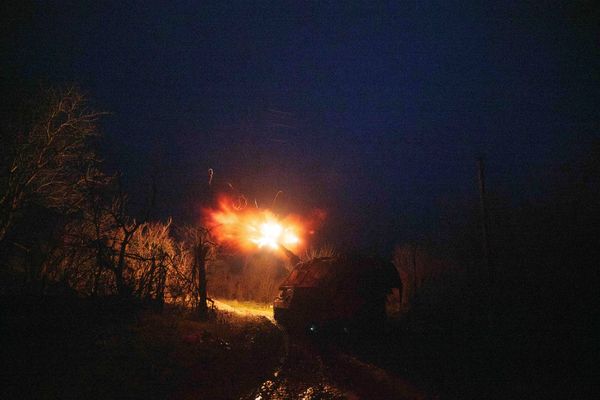VANCOUVER — A proposed class-action lawsuit filed in British Columbia wants the court to order criminal records related to sex work removed from police information systems nine years after Canada's highest court threw out the laws.
The civil suit filed in B.C. Supreme Court says members of the class-action had convictions, charges or police interactions related to sex work before the Supreme Court of Canada struck down key prostitution laws in 2013.
The top court found the laws that criminalized making money from sex work violated constitutional rights to life, liberty and security of the person, while advertising or purchasing sexual services remains illegal.
The lawsuit says plaintiff Susan Davis wanted to volunteer for a community policing foundation in 2020 and the disclosure of sex-work offences through a criminal record check deprived her of "control over when, where and who to tell about her convictions."
The City of Vancouver and its police department say they will file their responses in court, while other defendants, including the federal Justice Department and the RCMP, did not immediately respond to requests for comment.
No statements of defence have yet been filed and none of the allegations have been proven in court.
A statement from the B.C. Ministry of Attorney General, also named as a defendant, says the province had not yet been served with the claim and it wouldn't comment as the matter may be before the courts.
The notice of claim, filed Wednesday, says criminal record checks are required for many employment and volunteer positions and the disclosure of sex-work records to potential employers, schools and other organizations can have adverse consequences.
The lawsuit asks the court for an order requiring the defendants to permanently delete all such records in their possession and for a declaration that the retention and use of the records infringes on constitutional rights and freedoms.
The suit says one or more of the defendants sent sex-work records to immigration, border and policing authorities in the United States, Australia and the European Union. It asks the court to direct the Canadian government to take appropriate steps to request that the other countries expunge those records.
"Sex-work records constitute private information of a personal and confidential nature, and are not evidence of criminality," the lawsuit says. "There is no lawful authority to keep, maintain, use, access or disseminate sex work records."
This report by The Canadian Press was first published Feb. 16, 2022.
The Canadian Press







